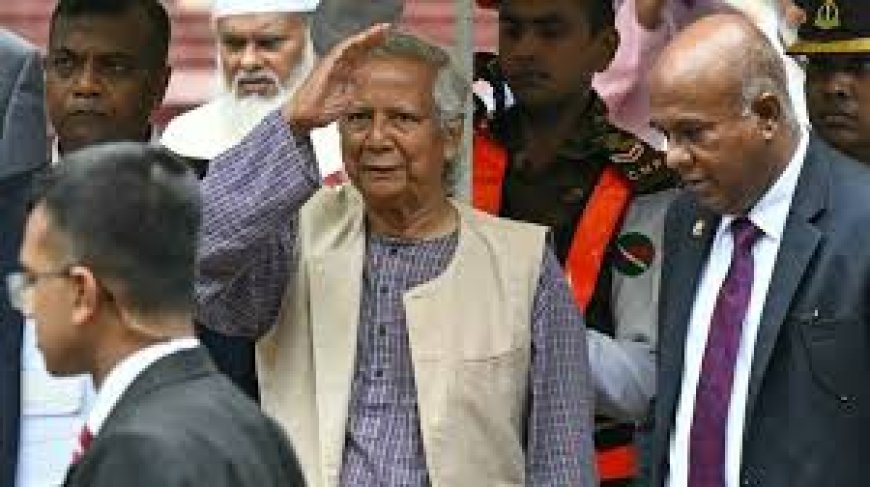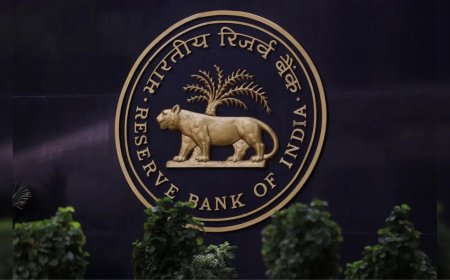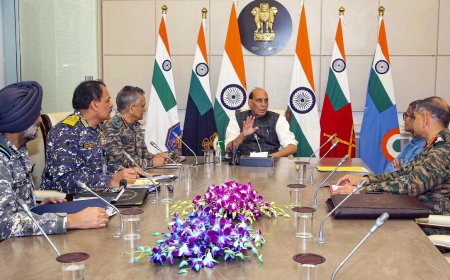He just smiled’: Why Bangladesh is resisting China’s push for a trilateral alliance with Pakistan
Bangladesh has politely but firmly resisted China’s proposal for a trilateral alliance with Pakistan, citing strategic autonomy, historical context, and regional balance.

During a recent diplomatic encounter in Beijing, Bangladesh’s Foreign Minister Hasan Mahmud was reportedly urged by his Chinese counterpart to consider a trilateral partnership involving China, Pakistan, and Bangladesh. As per accounts from insiders, Mahmud merely “smiled” in response — a subtle but firm signal of Dhaka’s resistance. The anecdote may be understated, but it reflects a broader geopolitical recalibration underway in South Asia, as Bangladesh seeks to chart an independent foreign policy trajectory while balancing its relationships with major powers.
China’s Strategic Calculations: Reaffirming the BRI and Pakistan Ties
China’s outreach to Bangladesh is part of its broader regional strategy to counterbalance India’s growing influence and strengthen its Belt and Road Initiative (BRI). While Beijing already enjoys deep strategic ties with Islamabad — encompassing military, economic, and infrastructure cooperation — the idea of bringing Dhaka into this equation would serve multiple objectives:
-
Geopolitical Diversification: Bangladesh's growing economy and strategic location offer China a valuable alternative entry point into the Bay of Bengal.
-
Pressure on India: A trilateral bloc could increase diplomatic pressure on New Delhi, which remains wary of China-Pakistan axis in the subcontinent.
-
BRI Continuity: Bangladesh is already part of the BRI, but greater trilateral alignment could streamline projects like the China-Myanmar Economic Corridor (CMEC) and facilitate maritime access.
However, Dhaka’s response has been one of strategic restraint.
Bangladesh’s Diplomatic Stance: Avoiding Entanglements
Foreign policy analysts note that Dhaka’s reluctance to join a China-Pakistan-centric bloc stems from multiple factors:
-
Historical Baggage with Pakistan: Despite normalized diplomatic relations, unresolved tensions stemming from the 1971 Bangladesh Liberation War continue to cast a long shadow. Public sentiment remains strongly against deepening military or political ties with Islamabad.
-
India as a Strategic Partner: Bangladesh shares an extensive border and deep trade, defense, and energy ties with India. Aligning with a bloc perceived as anti-India could jeopardize its crucial bilateral relationship with New Delhi.
-
Non-Aligned Foreign Policy: Prime Minister Sheikh Hasina’s government has consistently emphasized a balanced, non-aligned approach, favoring strategic autonomy over bloc politics.
“Bangladesh will not enter into any alliance that threatens its sovereignty or regional stability,” said Dr. Imtiaz Ahmed, Professor of International Relations at Dhaka University. “The idea of trilateral cooperation sounds appealing to some on paper, but in reality, it clashes with our national interest and historical memory.”
Regional Power Dynamics: Between Two Giants
South Asia’s geopolitical theatre is increasingly shaped by the India-China rivalry. Both powers are competing for influence in countries like Sri Lanka, Nepal, and Bangladesh. While China has ramped up infrastructure investments through the BRI, India remains Bangladesh’s largest trading partner and a longstanding ally.
“In terms of soft power and cultural connectivity, India has the upper hand,” noted Meenakshi Ganguly, former South Asia Director at Human Rights Watch. “Bangladesh’s leadership is acutely aware of this and is cautious about upsetting that balance.”
Additionally, the recent tensions in the Indo-Pacific, including China's maritime assertiveness and India’s rising defense engagements with Western allies like the U.S. and Japan, have heightened the strategic sensitivity of smaller South Asian states.
Economic Realities: Strategic Investments vs Strategic Dependence
While China remains Bangladesh’s largest source of foreign investment and development loans, concerns about debt sustainability and economic overdependence have started to gain traction in policy circles. Bangladesh’s experiences with Chinese-funded infrastructure projects — such as the Payra port and Padma Bridge — have been mixed, with delays and financial complexities.
Moreover, Dhaka has closely observed Sri Lanka’s economic troubles, particularly its experience with Chinese loans and the controversial Hambantota Port deal, which has come to symbolize debt-trap diplomacy.
“Bangladesh is learning from the region. Strategic investments are welcome, but strategic dependence is not,” remarked Ahsan Mansur, Executive Director of the Policy Research Institute (PRI) of Bangladesh.
Investor Outlook: Stability Over Strategic Shifts
For global investors, Bangladesh's resistance to joining a contentious trilateral alliance may actually reinforce its appeal as a stable, pragmatic economy. The country has consistently posted robust growth rates, even amid global volatility, and is emerging as a major hub for textiles, pharmaceuticals, and technology services.
By avoiding entanglement in China-Pakistan political maneuvering, Dhaka signals a commitment to policy predictability and regional cooperation.
“Bangladesh is prioritizing growth, not geopolitics. That’s a positive signal for institutional investors,” said Shankar Sharma, Asia-Pacific strategist at Morgan Stanley.
A Smile with Strategic Weight
Foreign Minister Mahmud’s understated response — “he just smiled” — may be the most diplomatic way to say no. In a region where diplomacy often operates through gestures rather than declarations, the smile speaks volumes. It reflects Bangladesh’s resolve to protect its sovereignty, historical memory, and regional balance.
As China continues its push for influence across South Asia, Bangladesh’s measured stance may set a precedent for how smaller states can navigate the complexities of 21st-century geopolitics — with subtlety, firmness, and strategic clarity.
What's Your Reaction?
 Like
0
Like
0
 Dislike
0
Dislike
0
 Love
0
Love
0
 Funny
0
Funny
0
 Angry
0
Angry
0
 Sad
0
Sad
0
 Wow
0
Wow
0












































































